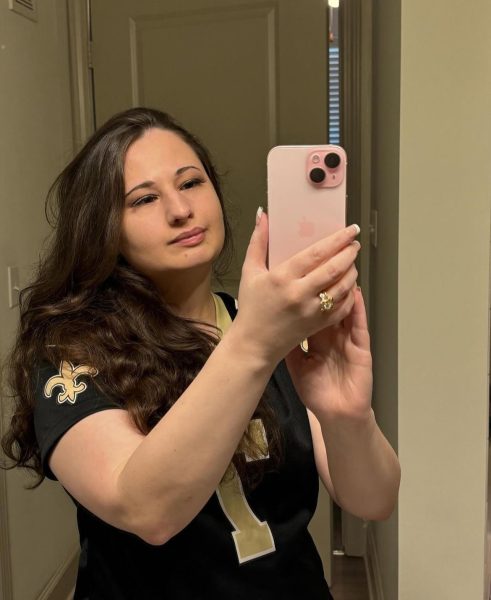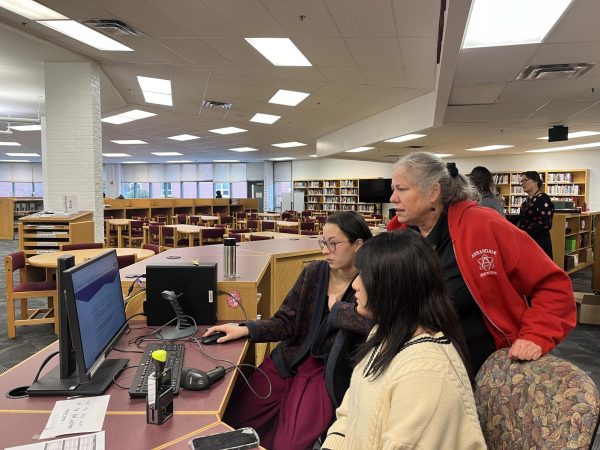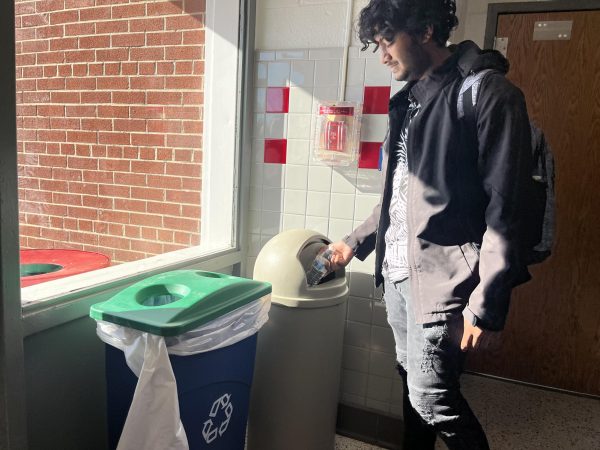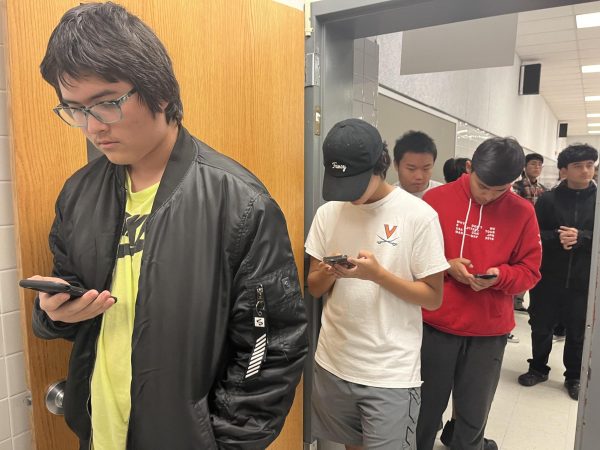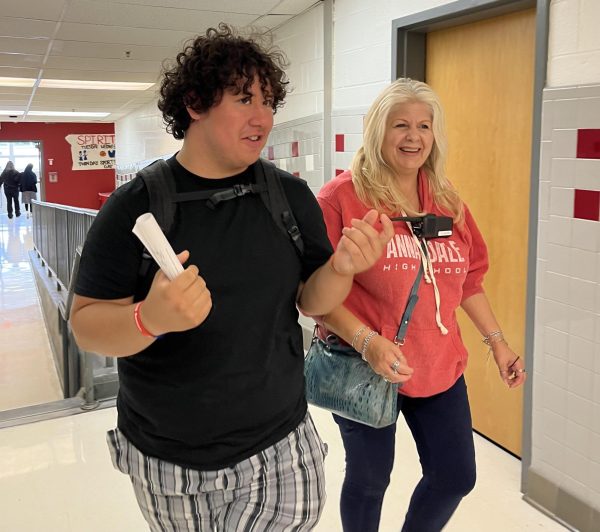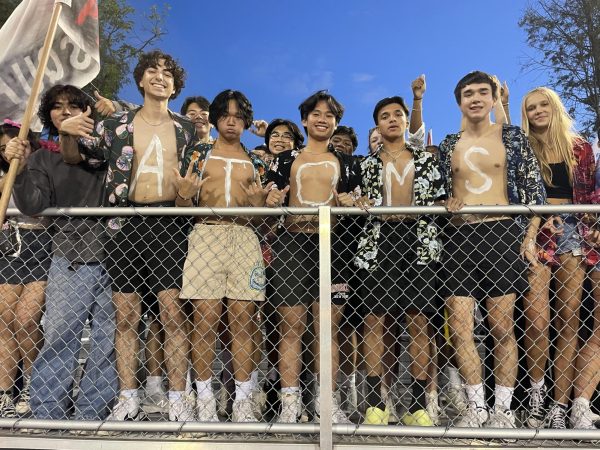Apple should not back down to the FBI
The debate between privacy and security has been re-ignited by the Federal Bureau of Investigation and the tech company, Apple.
In their investigation of San Bernardino shooters, the FBI has hit a roadblock with an iPhone owned by Syed Farook, one of the shooters. The FBI reached out to Apple to help them unlock the passcode-protected iPhone. Specifically, the FBI wants Apple to provide them with the software key that would allow them to create their own iOS operating system that certain security features. Right now, the FBI is unable to access the phone because of a security feature that wipes the phone’s data after 10 failed attempts of entering the correct passcode. With this new software, the FBI would be able to “brute-force” the passcode by trying all possible passcode combinations without the data being deleted.
Tim Cook, the CEO of Apple, responded to and denied this request in an open letter on the Apple website.
“Customers expect Apple and other technology companies to do everything in our power to protect their personal information, and at Apple we are deeply committed to safeguarding their data,” Cook says in his letter. He believes that fulfilling the FBI’s request would create a “dangerous precedent” that would allow the government to bypass people’s right to privacy. A federal court has approved the FBI’s request, but Apple plans to fight the court order.
Apple is on the right side in this fight for personal privacy. Most people are familiar with the Fourth Amendment, which guarantees Americans the protection from unreasonable search and seizure on personal property without a warrant. In the case of Riley vs California (2014), this protection has been expanded to apply to cellphones. In this case, the FBI does have a court warrant, but this is a special case. The FBI is not asking for Apple to unlock this single phone, but the ability to create a software that can unlock any iPhone. If the FBI obtains this ability, they could use it to unlock other phones without a warrant. Even if the FBI only uses the software to search Farook’s iPhone, what is stopping the FBI from selling or sharing the software to police departments and foreign security agencies?
“This is companies marketing something expressly to allow people to place themselves beyond the law,” James Comey says in response to Apple creating software that is specifically designed to be protected from decrypting software. Ultimately, it is the court’s decision whether this request is allowed under the Fourth Amendment. The courts should only require Apple to create a one-time use decrypting software, but this would create a slippery slope of the government asking for more access in the future.
The fight for privacy is not over, especially in the field of technology. This case has the possibility of creating a major precedent for privacy and technology rights.

AHS senior Chris Han is the webmaster for the A-Blast. This is his first year on the A-Blast staff. He is also involved in the cross country team and...




